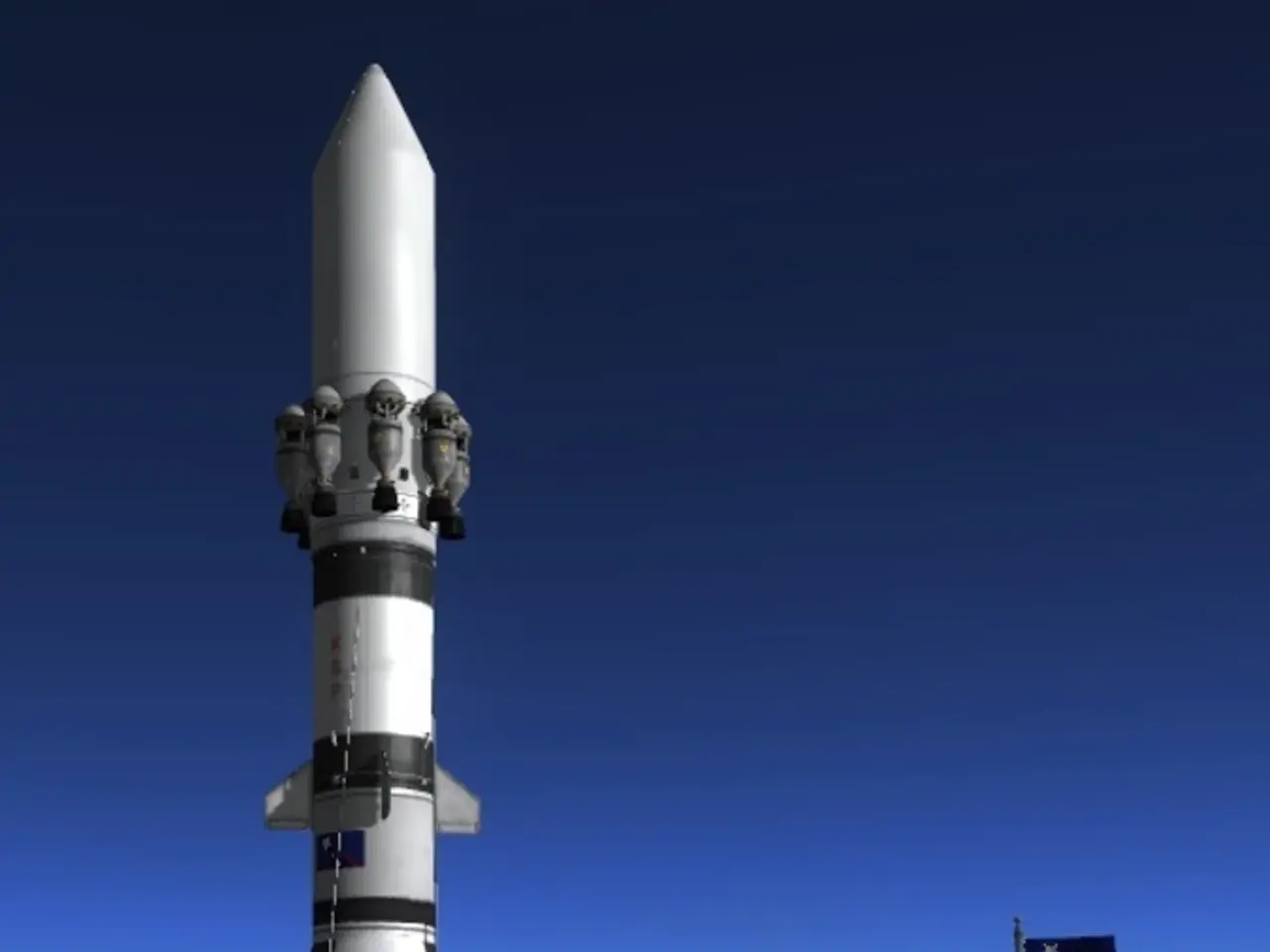Russia swiftly constructing rival to SpaceX's Starlink, confirms Roscosmos head
Russia is making a bold move to reclaim its position as a leader in global space technology. The country is planning to build a low-Earth orbit satellite constellation, aiming to rival the services provided by SpaceX's Starlink, led by Elon Musk.
The journey back to space supremacy for Russia began with the Soviet Union, which launched the first satellite, Sputnik 1, in 1957, and put Yuri Gagarin into orbit in 1961. However, since then, Russia's space ambitions have faltered due to funding shortages, corruption, and setbacks.
The development of the broadband satellite system is being spearheaded by Bureau 1440, a Russian aerospace company. This company is also leading the development of the satellite constellation that Russia plans to build to surpass SpaceX's Starlink. Starlink currently operates the world's largest satellite internet constellation, with over 8,000 satellites, and provides services in remote regions and conflict zones, including being heavily used by Ukrainian forces during the war with Russia.
The new satellite constellation by Russia is intended to provide similar services, aiming to fill the gap left by the country's faltering space programme. Several test vehicles for the satellite constellation have already been inspected, and production ones have been modified.
The new initiative for Roscosmos, the Russian space agency, is being led by Dmitry Bakanov. Bakanov, previously head of satellite operator Gonets, admitted that Russia had underestimated Elon Musk in the past. He also stated that Russia needs to shed outdated practices and attract more young talent to compete effectively.
In 2002, Russian officials rejected Elon Musk's bid to buy an intercontinental missile for commercial launches, which spurred Musk to undercut Russia's dominance in space transport. This rejection seems to have fuelled Russia's determination to regain its lost ground in the space race.
However, Bakanov also stated that Russia must learn from its mistakes. He emphasised the importance of transparency, efficiency, and innovation in the space industry. With these goals in mind, Russia is taking steps to rebuild its space programme and reclaim its position as a global leader in space technology.
Read also:
- Achieving Successful Bonsai Grafting: Selecting the Appropriate Scion and Rootstock for Harmony
- European consumers are on the brink of experiencing a significant leap forward in electric vehicle (EV) charging technology, as Chinese automaker BYD prepares to unveil its innovative advancements.
- Recycling Business Transforms Steel and Aluminum Scrap into Reusable Materials
- The quest for renewable energy sources leaves us questioning the consequences on our oceanic ecosystems.








